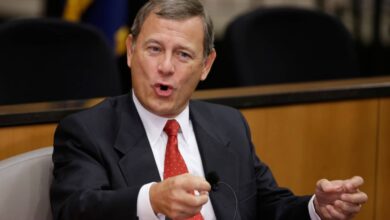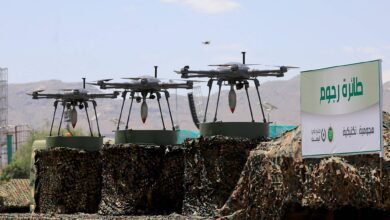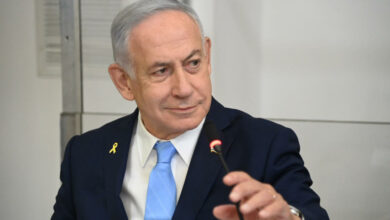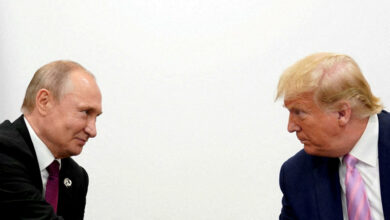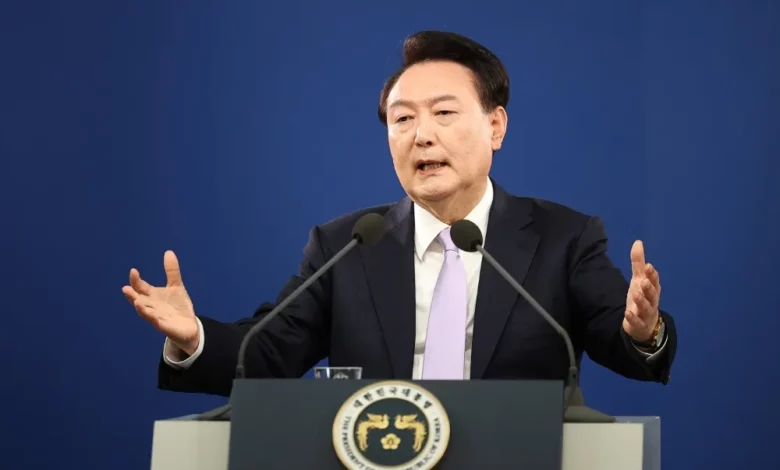
Han Dong-hoon, leader of South Korea’s ruling People Power Party, called for the immediate suspension of President Yoon Suk-yeol’s powers Monday, citing “credible evidence” he attempts to have the head of state arrest political leaders after a controversial declaration of martial law. Han, formerly against impeachment efforts against Yoon, said recent events have changed the landscape.
In a statement on Friday, Han revealed that he learned last night the president ordered the defense counter-intelligence commander to arrest major political leaders and labeled them as anti-state forces and mobilized intelligence agencies for this purpose. Thus, he said preventing further chaos in the country requires stopping President Yoon from exercising his powers promptly.
Han criticized Yoon for not realizing he was doing something illegal and expressed fear that if the president stays in office, worse things may happen. He revealed this during a confidential briefing to the chair of the National Assembly’s intelligence committee as a senior official from the National Intelligence Service disclosed that Yoon had demanded the arrest of several high-profile politicians, including Han himself and Democratic Party leader Lee Jae-myun.
Despite these claims, presidential officials have dismissed that Yoon ever made such orders. The declaration of martial law, effective for about six hours, came in a surprise televised address in which Yoon cited threats from “anti-state forces” and North Korean sympathizers. The National Assembly quickly acted to vote down the order with a 190-0 unanimous resolution, recalling dark memories from past authoritarian regimes under Presidents Park Chung-hee and Chun Doo-hwan.
Yoon lifted the martial law order early Wednesday morning, but not before military troops clashed with legislators and protesters outside the National Assembly. In addition to the impeachment threat, Yoon is also under investigation for treason along with several top military and government officials.
Han’s demand forms a significant change in the response of the ruling party to the spiraling crisis. The opposition Democratic Party plans to vote to impeach Yoon Saturday night, and at least eight votes from the governing party would be necessary to achieve the two-thirds majority required in the 300-member National Assembly.
If successful, Prime Minister Han Duck-soo would take on presidential duties until the Constitutional Court rules on whether Yoon should be removed. In normal times, at least six of the nine justices must agree to an impeachment; due to three vacancies, unanimity will be required to vote Yoon out.
Historically, South Korea has experienced considerable political crisis. Four of the country’s seven presidents since its late-1980s transition to democracy have been impeached or jailed on charges of corruption. As tens of thousands of citizens prepare to stage a rally on Saturday to demand Yoon’s resignation, a recent Gallup Korea poll shows his approval rating plummeted to just 13%, down from 19% before the martial law declaration.
